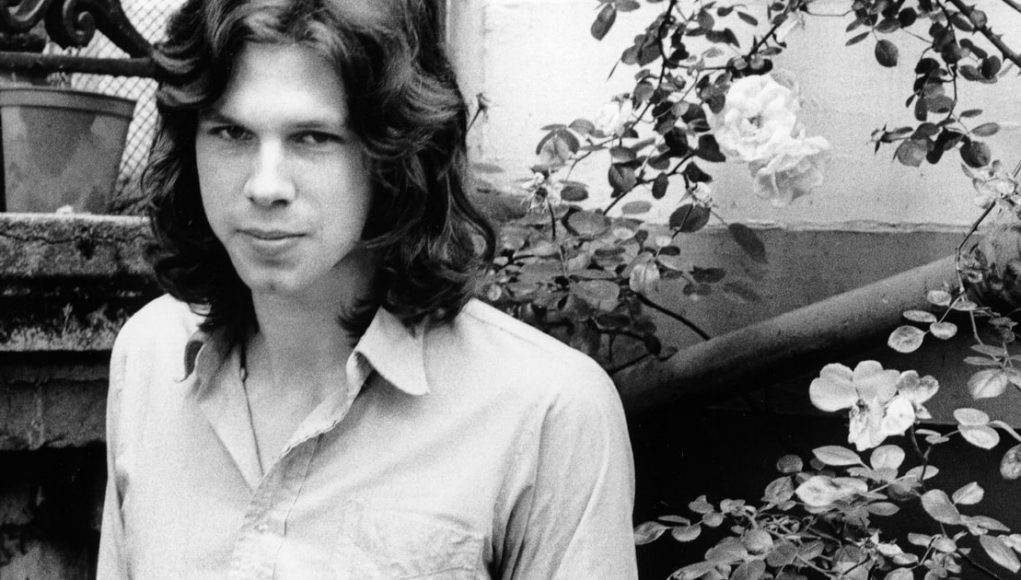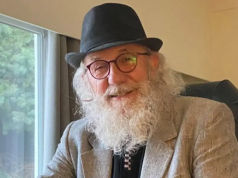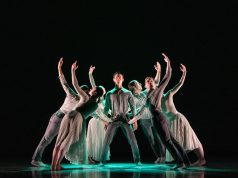By Greg Pollner
“When you see what they have been to win, the earth just won’t seem worth your night, or your day. Who will hear what I say?”
Here we are in the fall, the sky is grey, the rain is falling, and I know I have to get up, but I would much rather stay in bed. On days like today I love to start the day with a cup of coffee, and a listen to one of my all time favorite musicians – Nick Drake. Drake was a folk singer who released three albums between 1969 and 1971. These albums were absolutely brilliant, but largely overlooked by vagaries of posterity. When I hear his angelic, yet, sad voice coupled with some of the most brilliant acoustic guitar playing I’ve encountered, it gives me comfort, and allows me to embrace my dark mood with some sense of grace.
Chances are that you haven’t heard of Nick Drake. If you have, Kudos to you. But my appreciation comes with an admonishment to spread the word about this tragically unknown artist. If you haven’t Heard of him, you will want to do yourself a favor, open up Youtube and type in “The Things Behind The Sun”. In fact, while you are reading this, put on the album Pink Moon, which can be found on Youtube as well. Now that you have done that, allow me to tell you one of the saddest stories in music history, about a genius who, like painter, Vincent Vangough, and writer, Emily Dickinson, were all but ignored during their lives, recognized only years after their death, for their brilliance.
His style was different, though entirely masterful, with a new edge that hadn’t been done. His largest issue was the crippling shyness that he’d struggled with for years.
Drake was raised in a very musical family, his mother, Emily, was a gifted recording artist, though, like her son not extremely well known. From his early years until his untimely death at 25, he mastered the guitar, and managed to write some of the most masterful compositions that have come out of the folk genre. So why was he overlooked? This is a question that has eluded me for some time. I often speculate that the audiences of those days
didn’t “get it”, and that perhaps Nick Drake was too far ahead of his time.
The real answer, though, is that while the few audiences that experienced his performance, the folk scene was devoted to lighthearted ballads and “shanties”. His style was different, though entirely masterful, with a new edge that hadn’t been done. His largest issue was the crippling shyness that he’d struggled with for years. Many great artists similar to Drake, who could make amazing music in the privacy of a studio or around close friends. But put them on a live stage and it is like
watching a fish out of water.
In all of his performances, Nick Drake was not one to play to the crowd or even talk to them. Even in interviews, his tendency toward shyness, and lack of personal charisma, made promoting him very difficult, much to the frustration of his producer, and others who worked with him. He knew how good he was, though. He could feel it. People close to him often commented that he never wanted to be a big superstar, but he felt that he had something to offer the world with his music. He did, indeed, offer us something special, but alas he died long before he received any recognition for his brilliance. His albums failed to sell more than a few thousand copies during his life.
People close to him often commented that he never wanted to be a big superstar, but he felt that he had something to offer the world with his music.
After making three albums, Drake had all but given up. Even during the making of his last album he was smoking quite a lot of marijuana, and was prescribed a heavy regimen of anti-depressants to combat his pervasive depression. At one point it was suggested that he was dabbling in heroin as a stop gap to the mounting symptoms of deep depression. When it became clear that his musical career was not going anywhere, he moved back to his mother’s house and floated around in obscurity for a while. Finally, after years of struggling with isolation and depression, in 1974 – three years after the release of his last album, he died by apparent suicide. He had taken thirty Amitriptyline pills, an antidepressant prescribed by his doctor. Sadly enough, this medication is now known to cause suicidal intimations…
I have often wished that I could invent a time machine, just to go back in time, to be a fly on the wall while he worked on his third album, and tell him how much he would be appreciated in later years; maybe put a reassuring hand on his shoulder and tell him how much his music meant, to me as an individual, to the many others whose lives have been changed for the better by his music, and that his art meant something. The canon of his work, regardless how limited, is a brilliant beacon, still.
As it is, after death, and despite what little impact he inspired in his time, there were at least two great bands that came years later – The Cure and Rem, that were largely inspired by Drake’s work. I foresee that in this digital age of sharing music online, we will see his influence spread even further. Once you’ve heard his music, it’s hard to forget. In the end, all we can really say is that human life is quite frail, but our impact can long out-live us. So take heart if your best efforts are not appreciated, because though our time is brief, our actions can echo into eternity.








Fantastic stuff Greg!
So great to read this insightful article after recently discovering Nick Drake.
For anyone interested in his methodology, this link reveals much:
https://boingboing.net/2017/10/12/guitarist-takes-an-in-depth-lo.html